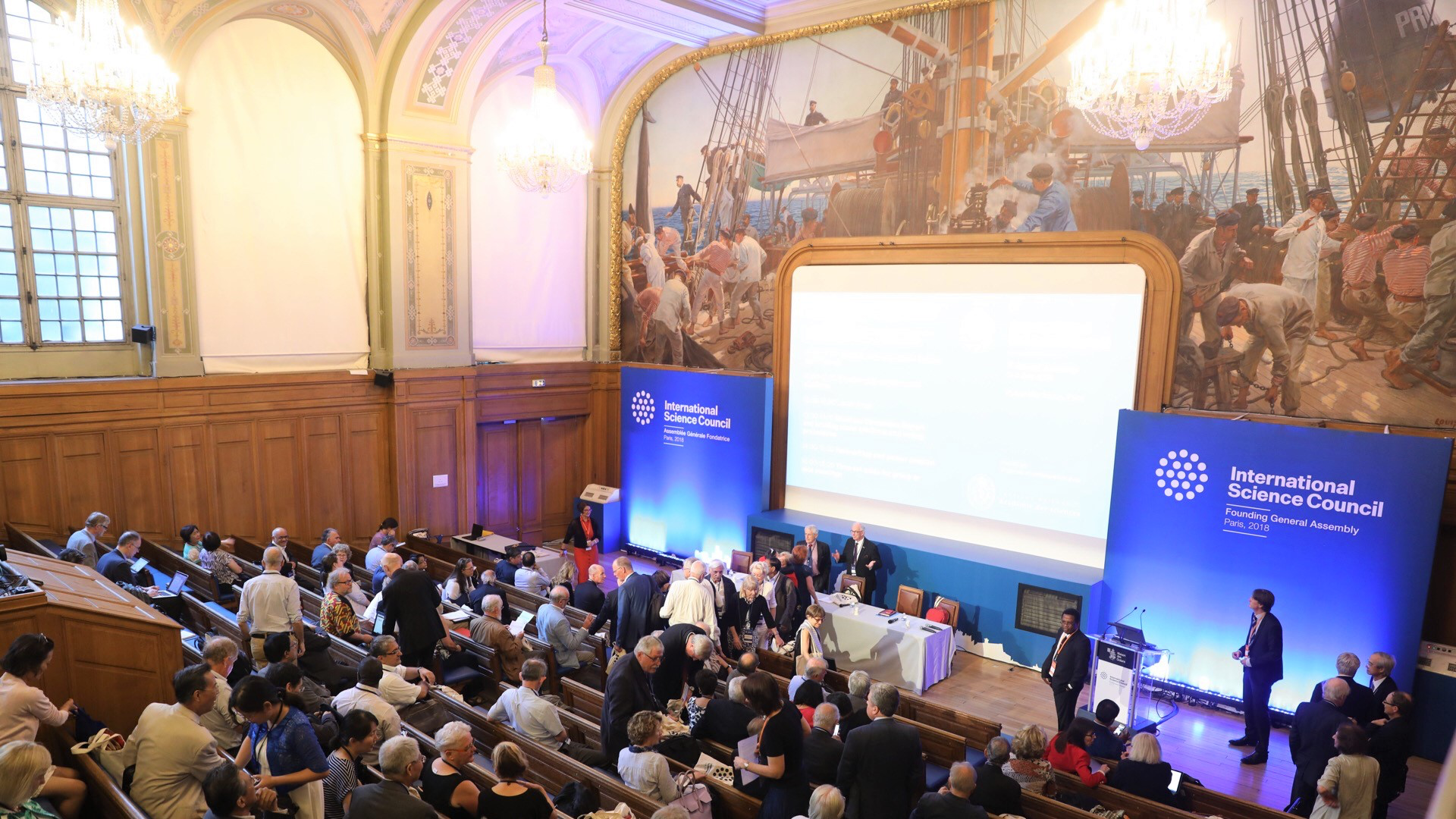The Diplomat
Through the incorporation of SciTech DiploHub, Barcelona’s science and technology diplomacy hub, to the International Science Council, Spain has doubled its presence in the main international scientific institution, considered the “United Nations of science”.
In this way, Spain is among the countries with the most institutions in the Council, together with the United Kingdom, China, Switzerland, Korea and Canada. The International Science Council (ISC) is the international organization that integrates the 180 national scientific councils and international scientific bodies, such as the International Mathematical Union, the International Union of Pure and Applied Chemistry, the International Geographical Union, the International Astronomical Union and the Scientific Committee on Antarctic Research.
Until now, Spain had only one seat and vote, belonging to the Consejo Superior de Investigaciones Científicas (CSIC). From today, Barcelona’s research centers and universities will also participate in the ISC’s various advisory groups and working groups along with the main scientific organizations and international bodies.
Among others, Barcelona’s research institutions will take part in the Intergovernmental Panel on Climate Change (IPCC) and the United Nations climate negotiations, in the Science in Exile program in support of refugee researchers, the pioneering Global Open Science Cloud (GOSC) that allows removing barriers to access to open data and scientific research tools, or in the elaboration of the main regulations at the United Nations level on ethics for artificial intelligence.
In statements by SciTech DiploHub CEO Alexis Roig, this announcement “internationally consolidates Barcelona as one of the world’s leading scientific hubs.” “When in 2018 we made Barcelona the first city in the world with a science diplomacy we did it precisely to achieve goals of this relevance. With this new collaboration we empower and connect the scientific and technological assets of Barcelona’s universities, startups and research centers with high levels of political decision-making.
The incorporation of Barcelona to the International Science Council will be ratified during the General Assembly of this international organization on October 11 in Paris and will also be formally presented at the UN-Habitat Innovative Cities Forum on October 13 by Alexis Roig (Executive Director of SciTech DiploHub), Laia Bonet (Deputy Mayor for Agenda 2030 and Digital Transition of the Barcelona City Council), Mònica Roca (President of the Barcelona Chamber of Commerce) and Pastora Martínez (Vice Rector of Globalization and Cooperation of the Universitat Oberta de Catalunya).
This recognition of Spanish science diplomacy leadership precedes other recent milestones: the OECD’s Observatory of Public Innovation (OPSI) has highlighted SciTech DiploHub as an international best practice and Barcelona has been recognized as a member of the United Nations Sustainable Development Network (SDSN), the Cities for Global Health Network and the Alliance for Planetary Health.






